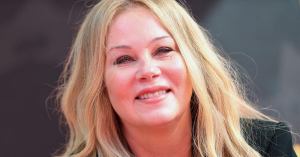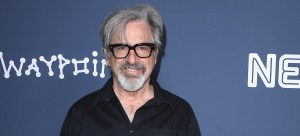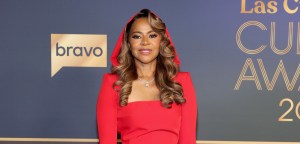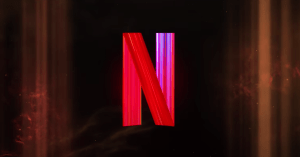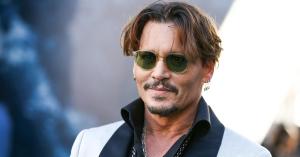Reese Witherspoon scored an Oscar nomination for her portrayal of Cheryl Strayed in the 2014 movie Wild, but she was so scared to film the wilderness story that she had to undergo hypnosis due to the severe panic attacks she was suffering from. Witherspoon shared the story during a conversation with Tracee Ellis Ross for Interview magazine, naming Wild when Ross asked her which of her roles had “changed” her the most.
“I was so scared to do that, Tracee,” Witherspoon said. “I had hypnosis, I was so scared. I was having panic attacks for three weeks before I started.” The 45-year-old explained that her fear was founded on multiple aspects of the movie including the amount of time she was required to act alone. “There was the nudity, sexuality, and drug-use aspect, but also being alone on camera with no other actors. I hadn’t ever been alone in scenes for days and days,” she said. “There were probably 25 days of the shoot where I had no other actor opposite me. It was just me and a camera and a backpack. I was like, ‘Is this going to be so boring?’”
Videos by PopCulture.com
Wild was based on Strayed’s 2012 memoir Wild: From Lost to Found on the Pacific Crest Trail, the story of her 1,100-mile solo hike along the titular trail. The movie was directed by Jean-Marc Vallée and also starred Laura Dern and Thomas Sadoski. “Cheryl Strayed’s book was so beautiful and sacred to me because it spoke to me so deeply about how we as women have to save ourselves,” Witherspoon continued. “There’s no mother or father coming to save us. There’s no spouse. I thought it was radical that at the end of the film, she ends up with no family, no money, no job, no partner, and she’s happy.”
She added, “I don’t know if I’ll ever work that hard again, but it changed me on a cellular level.” Wild was produced by Witherspoon’s company Pacific Standard, now Hello Sunshine, which she started in order to create content telling women’s stories.
“I had a studio head say to me, ‘Reese, we already have a movie with a woman this year. We can’t make another one,’” the Oscar winner recalled to Ross of talking to studio heads in Hollywood when she started the company. “And they had no trepidation about admitting that to me. It was just an accepted norm. That was astonishing to me, that they would say it so plainly and that it was something I was supposed to accept. When I started my company, I was like, ‘I’m not going to do it inside of a system that doesn’t philosophically believe that there’s an audience out there that’s bigger than the one that exists.’”


